This is related to my question Java Excel POI stops after multiple execution by quartz.
My program stops unexpectedly after a few iterations. I tried profiling and found that I was consuming a lot of heap memory per iteration (And a memory leak somewhere.. havn't found the bugger yet). So, as a temporary solution, I tried inserting System.gc(); at the end of each complete execution of the program (kindly read the linked question for a brief description of the program). I was not expecting much, maybe a few more heap space available after each iteration. But, it appears that the program uses less heap memory when I inserted System.gc();.

The top graph shows the program running with the System.gc(); while the bottom graph is the one without. As you can see the top graph shows that I'm only using less than a 100mb after 4 iteratioins of the program while the bottom graph shows over 100mb in usage for the same amount of iterations. Can anyone clarify how and why System.gc(); causes this effect in my heap? If there are any disadvantages if I were to use this in my program? Or I'm completely hopless in programming and take up photography instead?
Note that I inserted GC at the end of each program iteration. So I assume that heap usage must be the same as without the GC inserted until it meets the the System.gc(); command
Thanks!